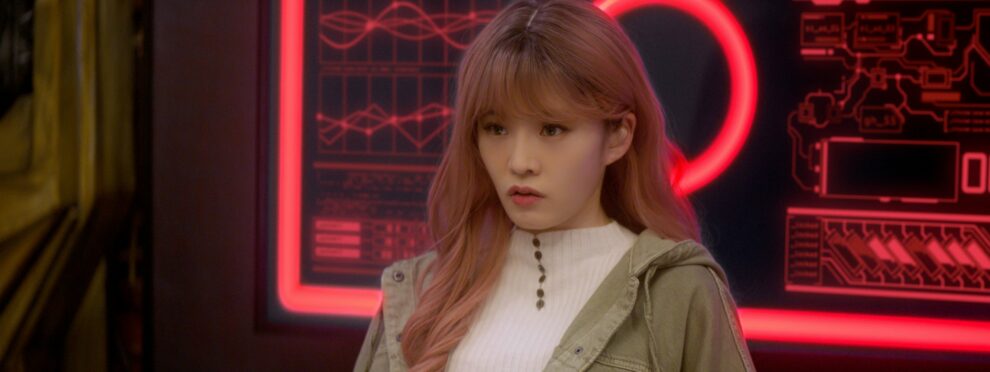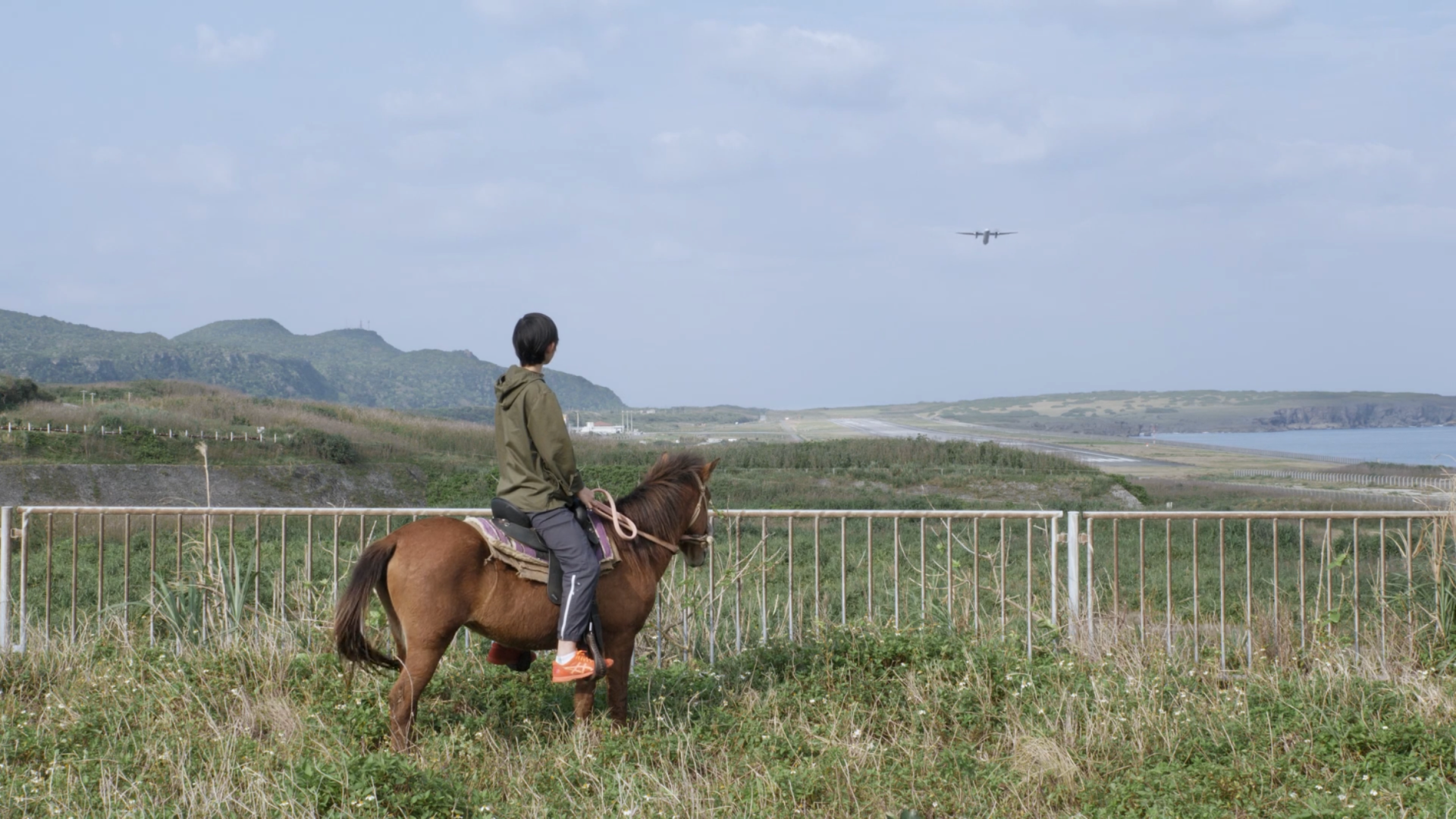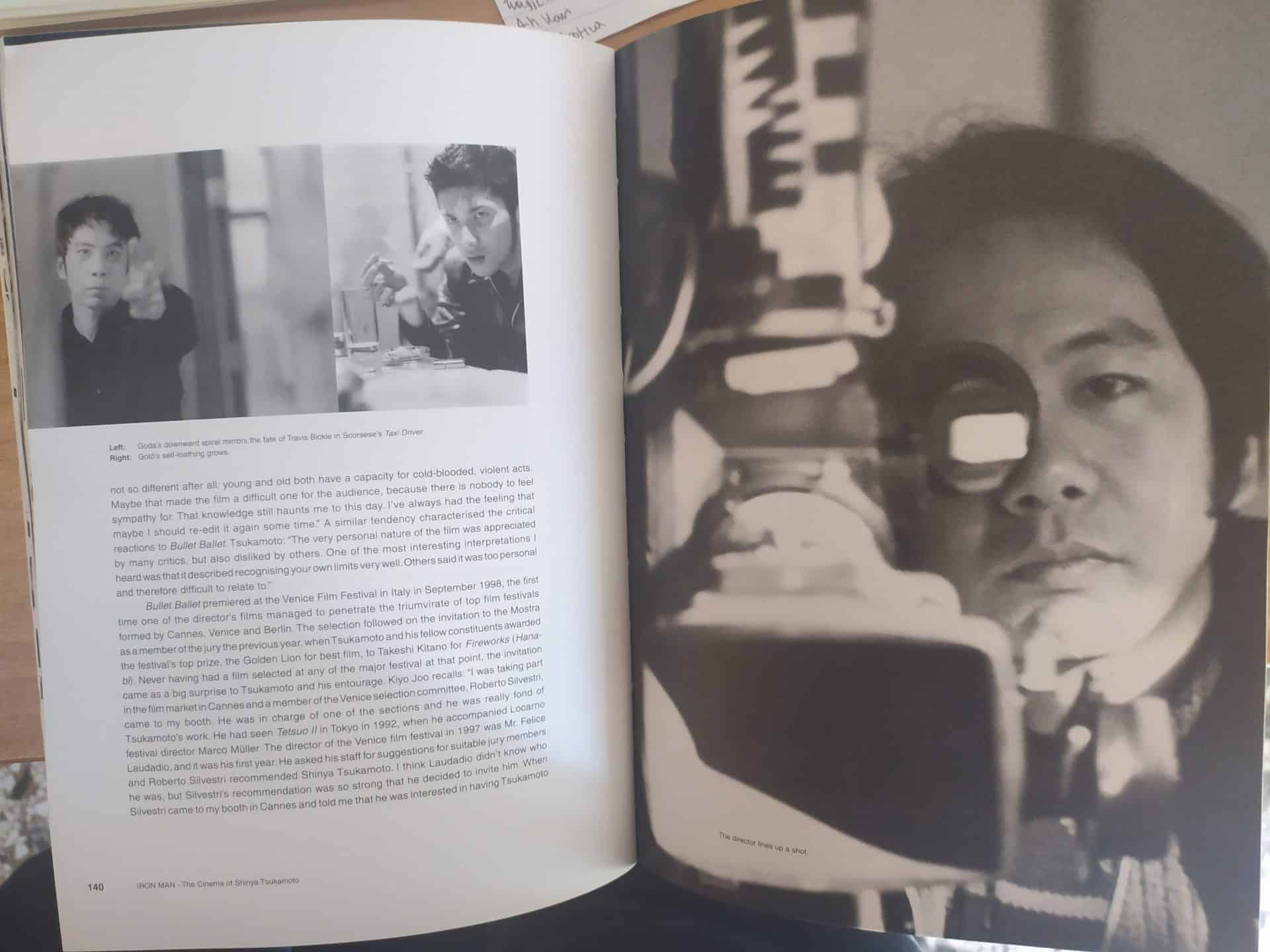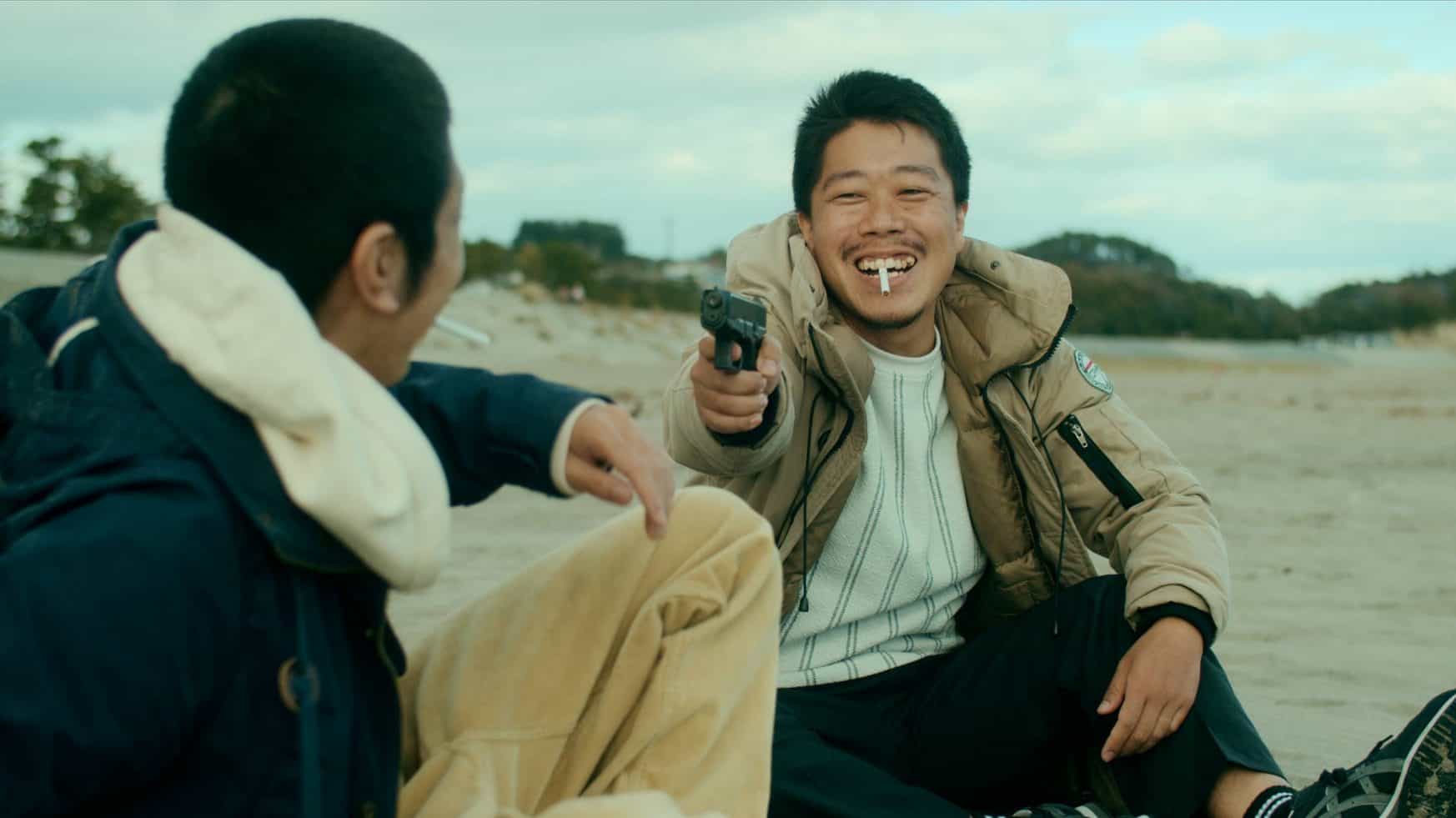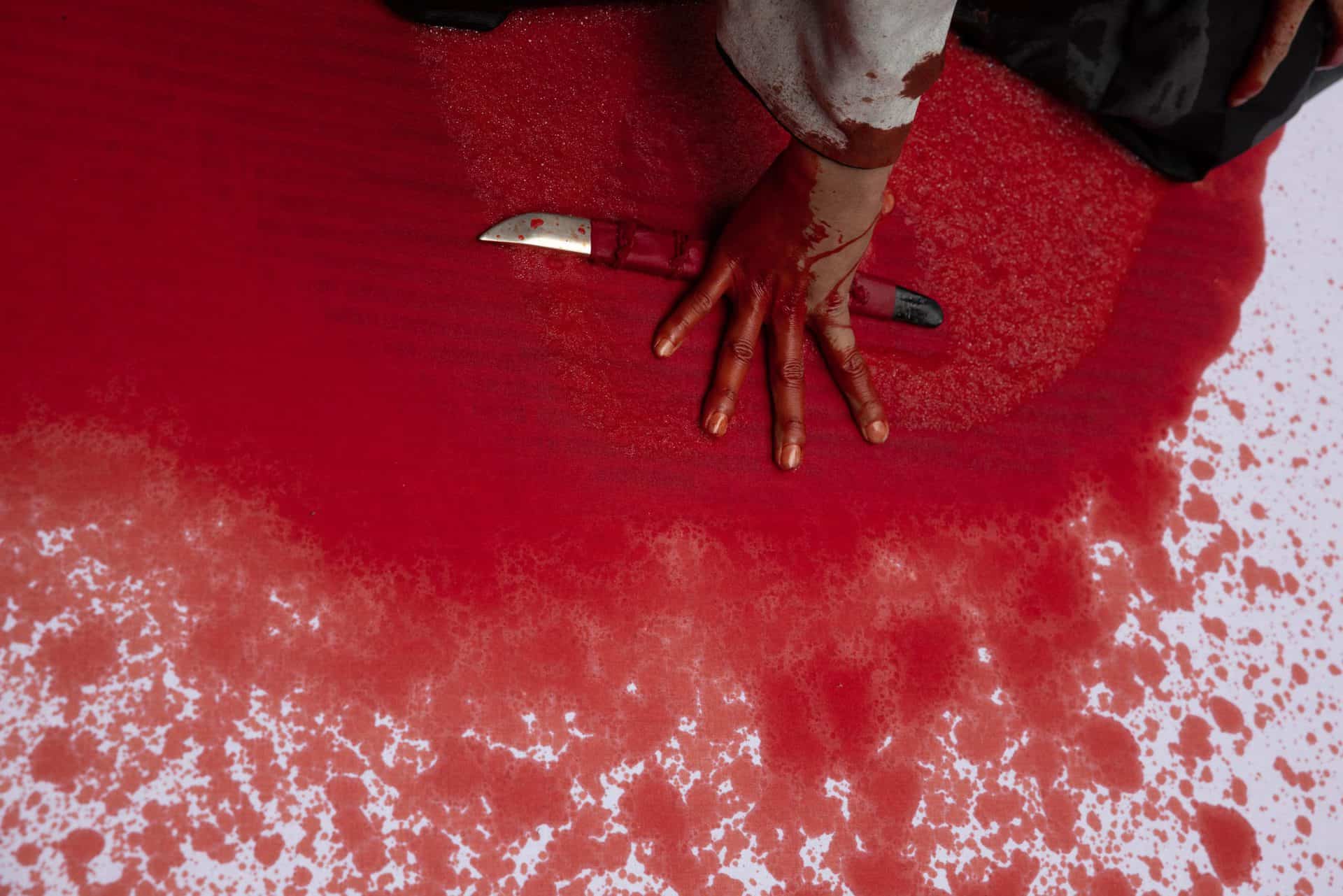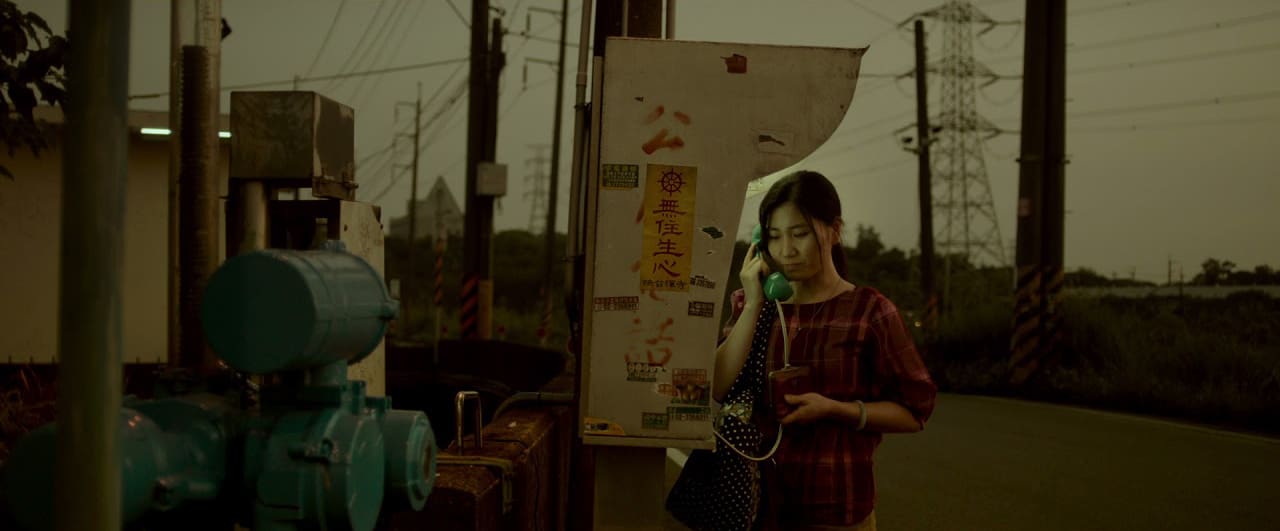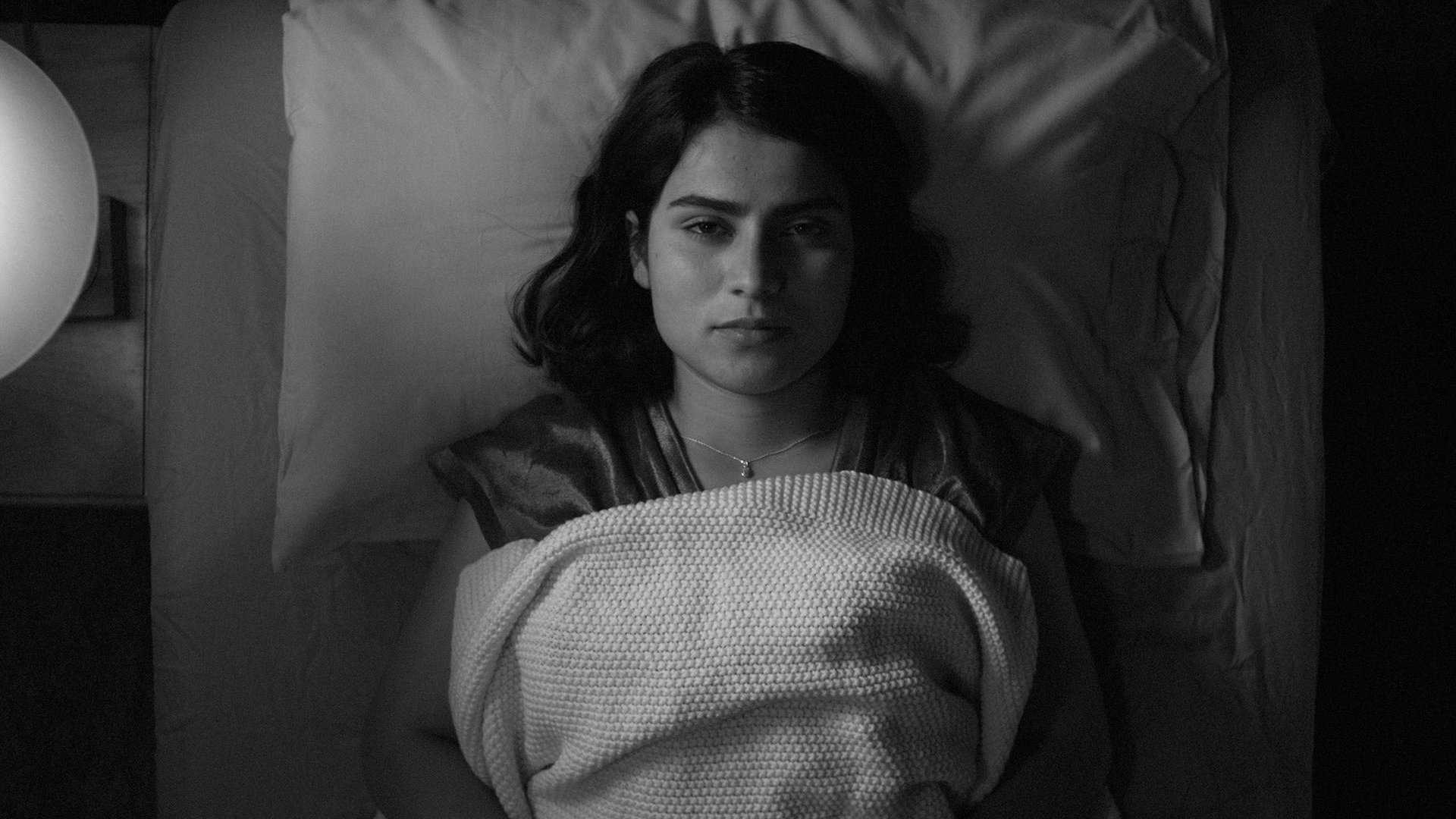Truth be told, I am always wondering who are the people who like musicals, since it seems like one of the genres that very few prefer. It turns out, however, that the category applies mostly to theater than cinema fans, with the popularity of the shows in Broadway for example, being an indication, but the question about cinema musicals still remains. Nevertheless, Lee Won-hoi has come up with one, which combines the new style of Korean sci-fi films, which are more grounded in reality than being heavy on SFX, along with stage play aesthetics and an approach that reminds of quarantine movies.
My Favorite Love Story is screening at Asian Pop Up Cinema
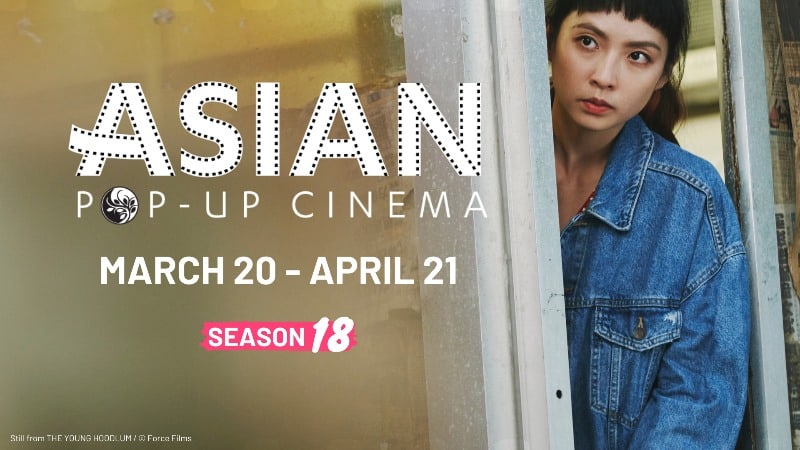
In the near future in Seoul, Oliver is an abandoned helper robot, whose routine, since his ‘master' is nowhere to be found, is just receiving various packages from the same courier everyday, a number of which are to service himself. However, when the company that made his model stops producing parts, Oliver finds himself stupefied, since his routine begins to collapse. Around that time, a female robot that has been living next door, Claire, knocks on his door as her charger is broken. Although slightly more advanced, since she is the next model, she also has the same problems with him, and gradually the two, despite Oliver's initial unwillingness, come closer together. Even more, they decide to take a trip, as he wants to see his former boss and she to see fireflies, with their goals bringing them to Jeju. Expectedly, they soon come even closer.
First things first. One of the most, if not the most crucial elements in order to appreciate a musical is to like the music. In my opinion, the typical, prima-voiced type that is heard throughout the movie is not to my taste, but considering this is a totally subjective aspect, I will not let it affect the whole review. So, moving forward, Lee Won-hoi does a number of very interesting things with his movie.
To begin with, there is the acting, with Shin Joo-hyup as Oliver and Kang Hye-in as Claire functioning like robots, both in the terms of line delivery and overall mannerisms, in the most fitting way, in one of the best traits in the whole movie. That they are quite different as characters, despite the fact that they are both robots and carry traumas from the past, also works rather nicely here, particularly in the way the both change through their interactions. That this change comes after a disillusionment moment from secluded Oliver, something that the more outgoing Claire could easily boast ‘I told you so' is quite appealing to watch, particularly in dramatic terms. That she changes mostly through the ways she changes him, getting more and more attracted to the persona she shapes also emerges as a very intriguing element here.
Apart from the comments resulting from the relationship of the two, Lee Won-hoi includes a number of social and philosophical ones, some of which are presented through their parallels. For example, the expiry dates of the old models is both a comment on how technology works and on the temporality of people, who frequently see the era, and essentially their life, leaving them behind. The concept of memory is commented upon through the way it functions on the robots, with the question of if it is a burden or gift permeating the narrative. How love creeps in the hearts of people is another central one, with the fact that the two androids become more and more human the more they experience it being a comment that mirrors human nature. Lastly, the value of letting go and moving forward is exemplified as a trait all people should have.
In terms of production values, the minimalist approach of the film does not allow for any particular exaltation, with the fact that there is only singing but essentially no dancing, being a testament to the fact. The presentation of Claire, however, is quite impressive, with her pink hair being a definite attraction, and the make up adding to the robotic essence the two protagonists emit. DP Park Chi-hwa makes the most of the single room most of the story takes place in. Moon In-dae's editing results in a pace that is occasionally fast, occasionally slow, with the tempo frequently dictated by the music, and the opening and closing of the apartment's door being a crucial factor. Of course, the intensely melodramatic moments could not be missing, but, thankfully, this aspect is rather toned down in this case.
Despite whether one likes the music here or not, “My Favorite Love Story” has enough elements and depth for anyone to enjoy, which is definitely a feat by itself considering the nature of the film.


